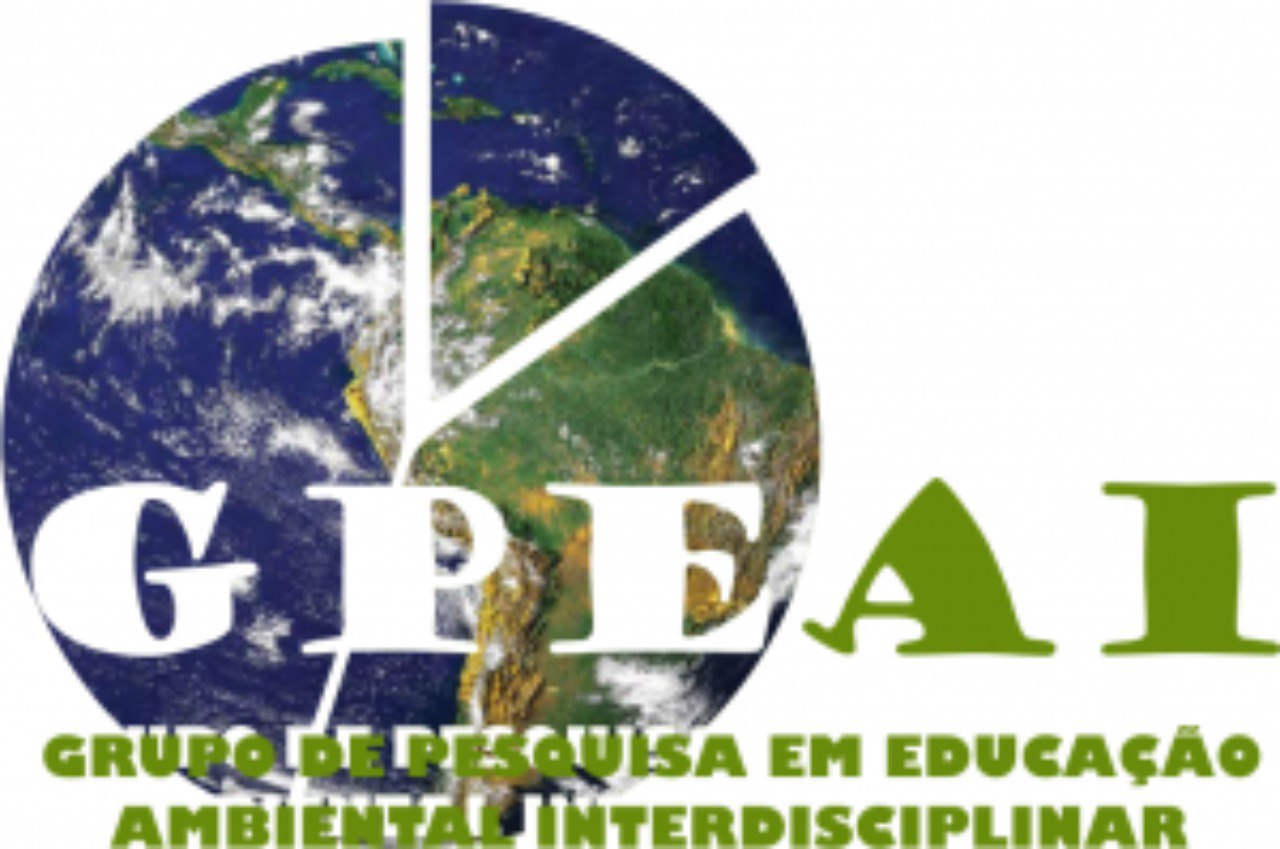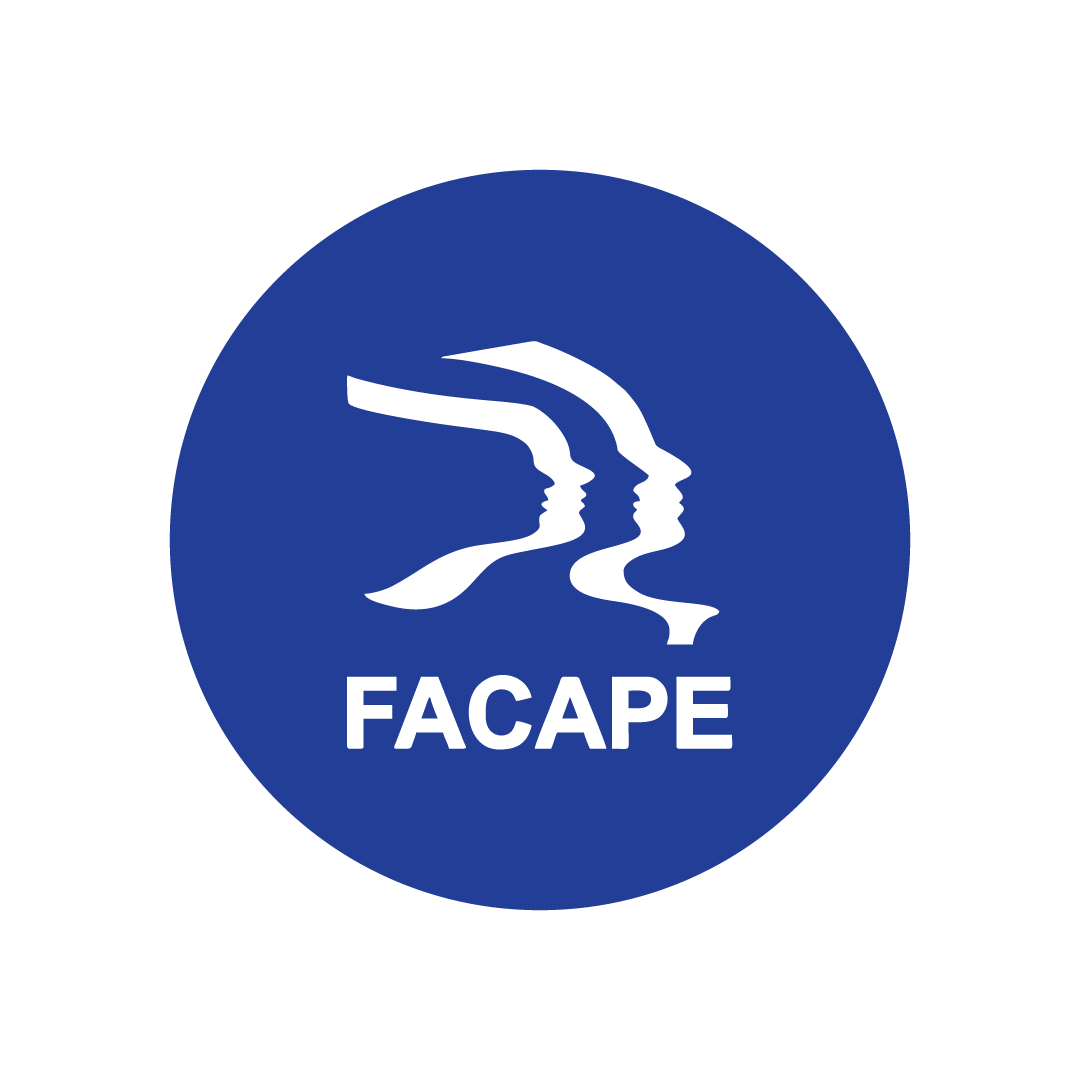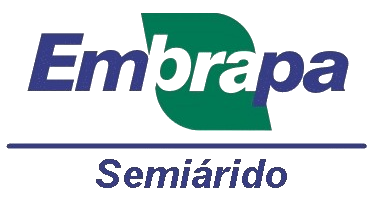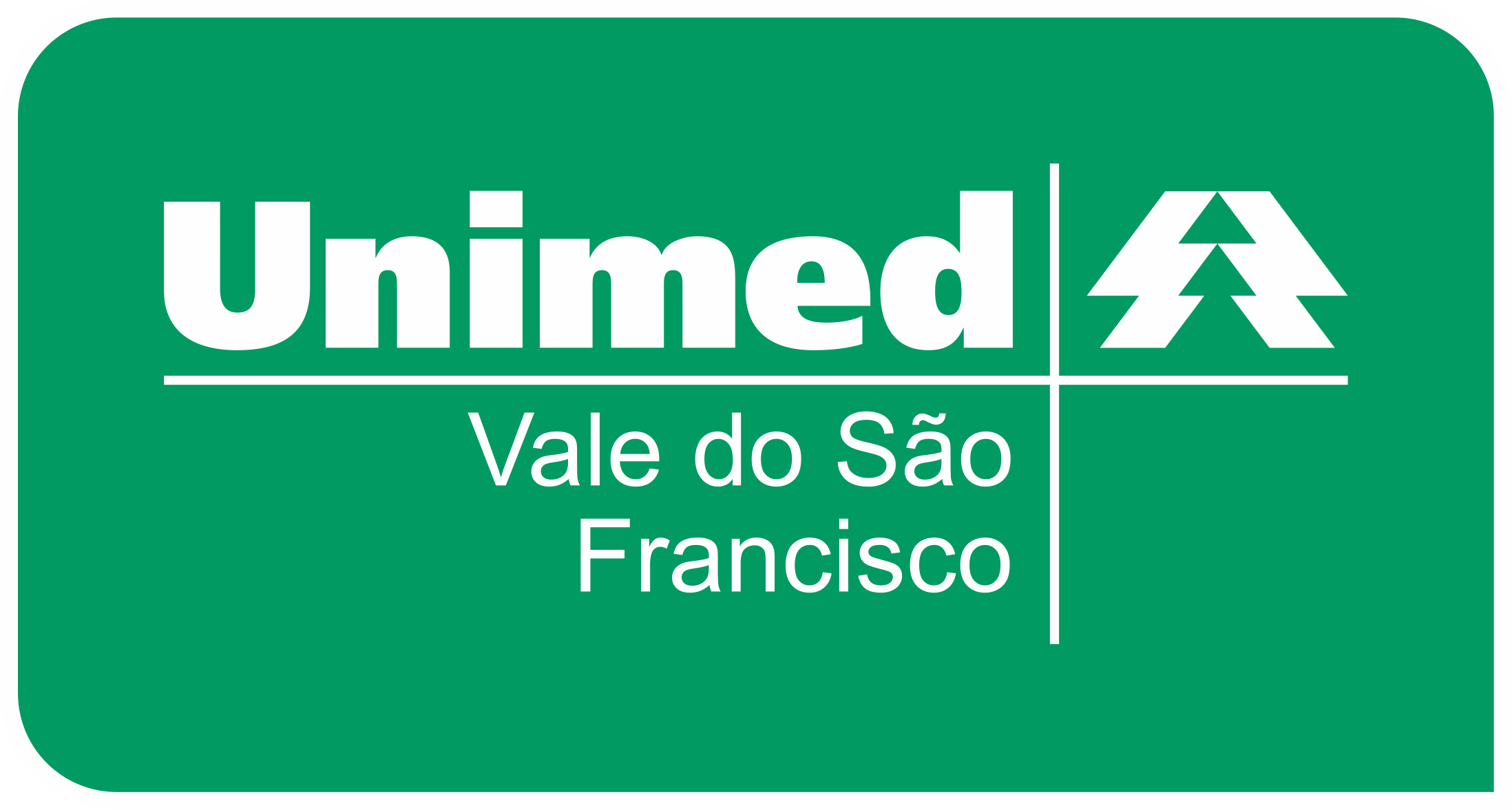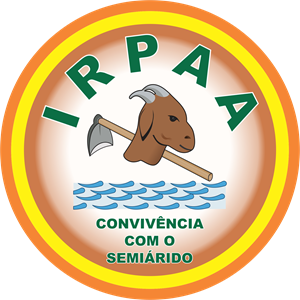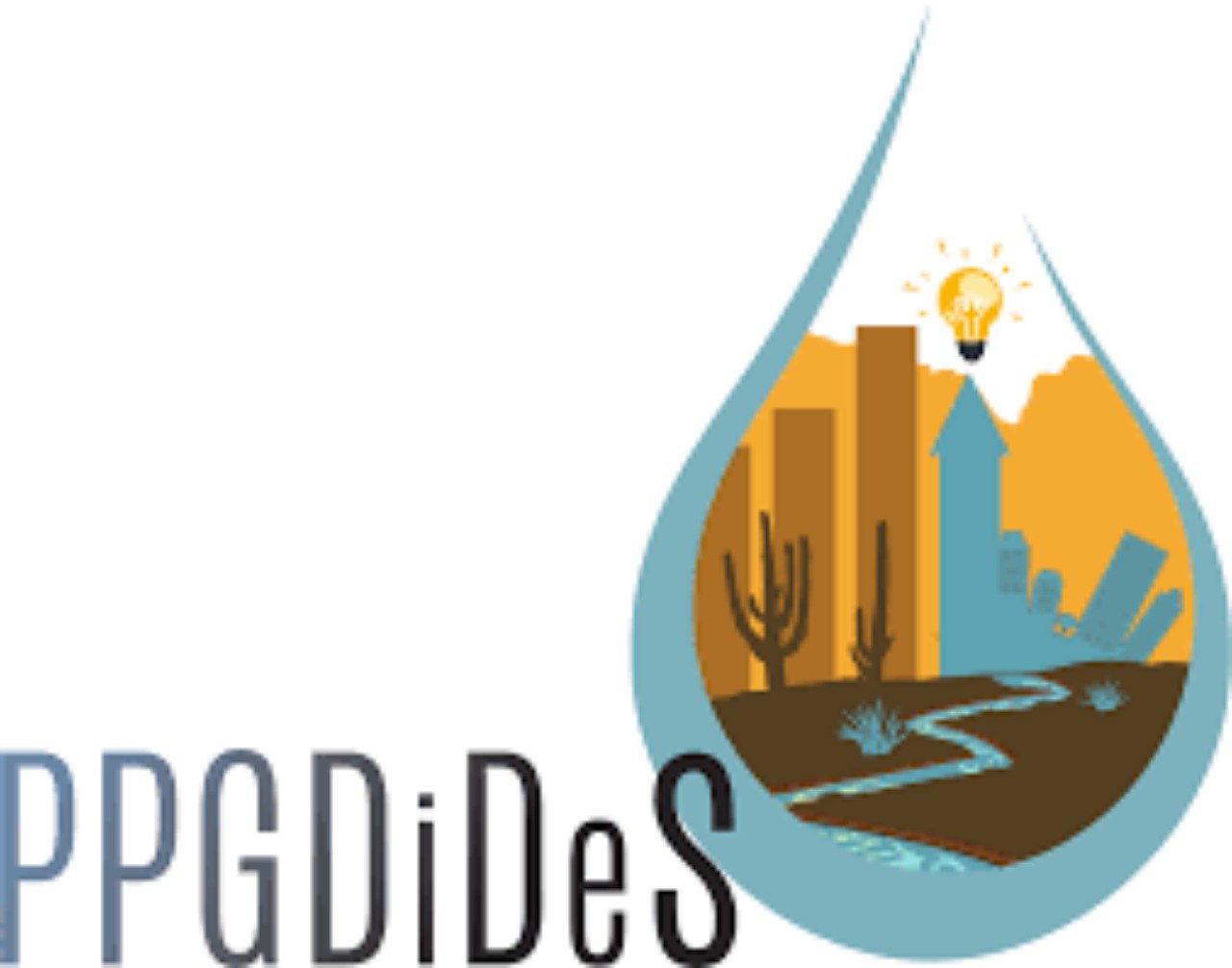TOOLS TO COMMUNICATE THE URGENCY OF REDUCING THE SOCIAL IMPACTS IN WATER AND TERRITORIES
Keywords:
Water footprint, ecological footprint, overdraft, social environmental perception, decrease in consumption and populationAbstract
Using ecological and water footprint techniques, the impacts of typical consumption and production patterns on water, territories and other natural assets were evaluated. The consequences of the behavior of some social groups in countries of the region were quantified and graphed, which serves to guide public policies and define priorities for environmental and water education programs. The "new water culture" is a recent term that denotes the necessary cultural change towards more respectful and concrete actions that seek true sustainability, against the merely rhetorical "sustainability". One of its main proposals is to prevent more "transfers" of real and virtual water; that is, reduce or eliminate the unnecessary transfers of water between basins and the harmful long transport of agricultural or industrial goods between distant countries. The current world situation is one of generalized "overdraft", unsustainability and anthropogenic climatic alterations, so it is essential to quantify whether the voluntary reductions in individual consumption and production patterns could be more significant and higher than the demographic and ideological attacks that are going in the opposite direction. That will give a better idea of whether there is a chance of significant success with voluntary measures; or if other types of measures should be implemented.
Downloads
Published
Versions
- 2022-10-26 (3)
- 2022-09-05 (2)
- 2022-09-05 (1)
Issue
Section
License
Copyright (c) 2021 Green Journal

This work is licensed under a Creative Commons Attribution-NonCommercial-NoDerivatives 4.0 International License.





















